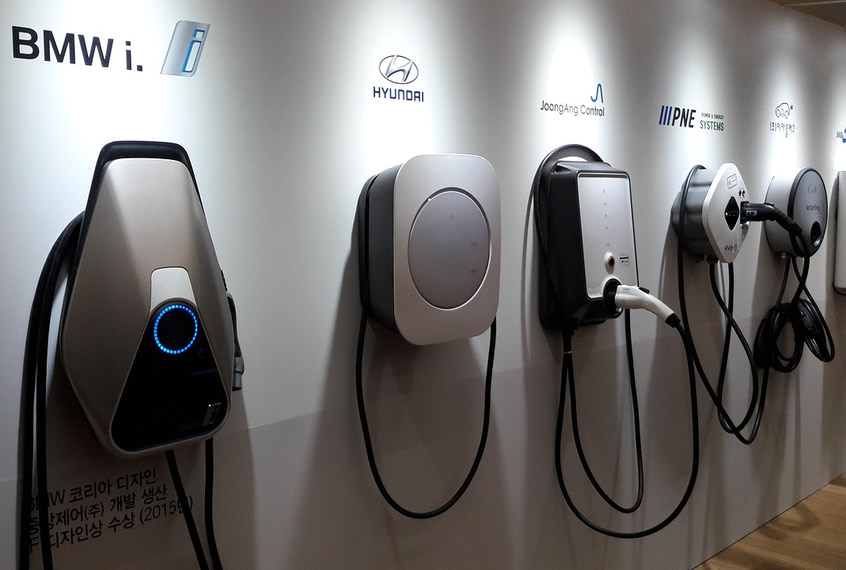Roadmap to 2030: Top ten skills needed for #AI self-driving revolution

Groundbreaking study with organisations such as Highways England and the Centre for Connected Autonomous Vehicles (CCAV) plots the UK’s CAV ‘Roadmap to 2030’ including the skills critical for a self-driving future
Zenzic (formerly Meridian) the organisation dedicated to accelerating the self-driving revolution by uniting industry, government and academia, has released the initial findings from workshops conducted with key industry players planning the UK’s self-driving future.
The skills analysis reveals the top ten jobs and essential skills needed for the UK to maintain its leading position in the technology and automotive sectors, and increase momentum in the race towards widespread adoption of connected and automated mobility (CAM) and self-driving vehicles by 2030.
Zenzic met with over 250 experts, including CEOs, CTOs and engineering leads, from across 100 companies in government, local authorities, business, SMEs and academia for its upcoming ‘Connected and Automated Roadmap to 2030’ report.
These industry experts concluded the following roles will be essential to establish the UK as a world leader in CAM:
- AI Ethics Researcher/Engineer
- Machine Learning Developer
- Computer Scientist
- Upskilled Car Mechanic/Maintainer
- Cybersecurity Researcher/Ethical Hacker
- Remote Fleet Manager
- Simulation Modelling Engineer
- Communication Engineer
- Data Analyst
- Technology Educator
Experts were asked to rank which of the five areas including; legislation and regulation, insurance, public acceptance, human factors, investment and skills needed the most attention from the connected automated mobility (CAM) sector.
After public acceptance, experts identified skills as the most important challenge for the industry to focus on.
Daniel Ruiz, CEO at Zenzic said:
“Collaboration between government, industry and educational institutes will be critical in preparing the UK for a connected and automated future. Organisations that make investments right now will excel during the self-driving revolution that has already started.
“The rate of innovation in connectivity and automation of transport not only requires new skills for the future workforce, but re-skilling of the existing talent pool. The automotive sector employs over 800,000 people, including 151,000 specifically in manufacturing, the introduction of connected automated vehicles (CAVs) will generate new streams of employment estimated to be worth £52 billion by 2035.”
Kevin Vincent, Operations Manager, Institute for Future Transport & Cities at Coventry University said:
“We need to improve education in topics such as legal and insurance issues, infrastructure planning and user-centred design to ensure accessibility, trust and acceptance that will enable the undoubted socio-economic benefits of connected and automated mobility to be realised.”
“Coventry University, as a core partner of the UK CAV testbed ecosystem, is addressing upskilling and education by working with industry initiatives such as the Automotive Electronics Systems Innovation Network (AESIN) and UK Electronics Skills Foundation ‘Skills Academy’ and specific academia/industry partnerships, specifically, the MIRA Technology Institute.”
“To stay ahead of the curve, attention in upskilling and education needs to be a priority now in order for the UK to be prepared for the 2030 CAV vision.”
Zenzic will release its ‘Roadmap to 2030’ report in September 2019.











Responses